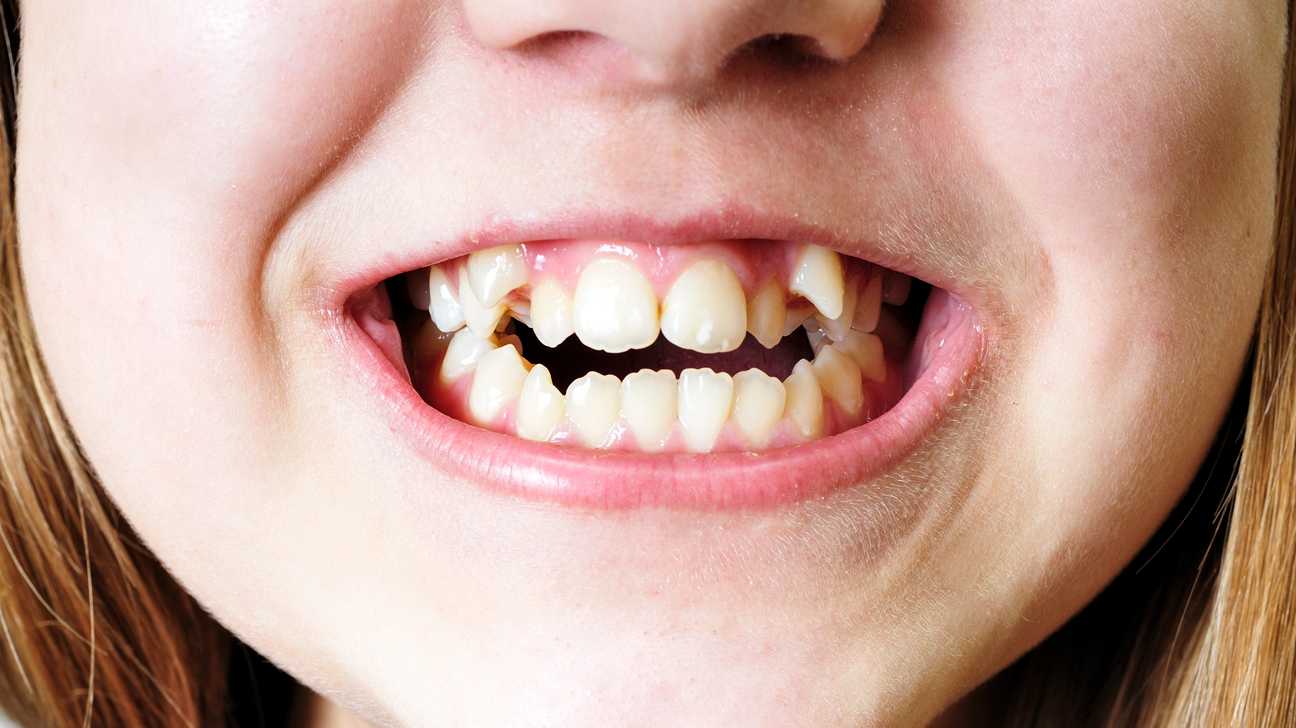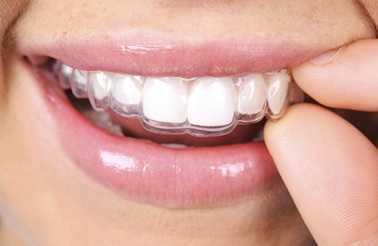Pulpitis refers to the inflammation of the pulp, the innermost part of your tooth comprising cells, connective tissues, nerves, and blood vessels, which provide essential nutrition to the tooth. If bacteria enter the tooth and remain untreated, they can reach the pulp, causing painful symptoms.
Any pain or discomfort can be effectively treated by the dentist in Buffalo Grove, and their team of specialists, who work to alleviate the symptoms and restore your oral health. Let’s delve further into the topic of pulpitis.
What is a dental pulp?
Dental pulp is the innermost soft tissue of your teeth encased within the pulp cavity. It contains nerves, blood vessels, and connective tissue. The pulp supplies blood and nutrients to the hard, outer layers of your teeth to keep them healthy.
What is pulpitis?

Any infection, irritation, or inflammation of the pulp is known as pulpitis. This often occurs due to decay, cavities, abnormal teeth grinding, or trauma.
There are two types of pulpitis, namely:
- Reversible pulpitis
- Irreversible pulpitis
What causes pulpitis?
Any extensive trauma or infection to the enamel can lead to pulpitis. This may occur due to:
- Cavities: Bacteria in your mouth produce harmful acids that demineralize the enamel layer and erode the pulp.
- Enamel attrition: Worn-out enamel due to grinding of the teeth or aggressive brushing can expose your dentin and pulp, resulting in inflammation.
- Cracks: Small fissures or pits in the enamel can occur if you chew on hard foods or injure your tooth.
- Dental procedures: Certain dental treatments can accidentally harm the enamel due to increased heat, especially if the tooth has not been sealed correctly.
What are the symptoms associated with pulpitis?
The classical symptoms of pulpitis are toothache and sensitivity. However, symptoms may vary based on the type of pulpitis. These include:
Symptoms of reversible pulpitis:
- There is usually mild to no pain when the dentist taps your tooth
- No sensitivity to heat
- You may experience mild sensitivity to cold things
Symptoms of irreversible pulpitis:
- Intense pain when the dentist taps your tooth
- Sensitivity to heat, cold, and sweets that lasts more than a few seconds.
- The pain can be throbbing or sharp aching pain
- Swelling around the affected tooth
- Facial swelling
- Facial asymmetry
- Tenderness
- Mild-grade fever
How is pulpitis diagnosed?
Your dentist can diagnose pulpitis through:
- Tooth tapping
- Heat or cold test
- Electric pulp test
- Dental X-rays
What are the effective treatment modalities for pulpitis?
Treatment for pulpitis depends on the type and extent of inflammation.
Options include:
- Antibiotic therapy
- Root canal treatment
- Tooth extraction
Pulpitis is the inflammation of the pulp. If you experience pain, discomfort, or increased tooth sensitivity, seek dental care to address the inflammation, as untreated cases can compromise your oral health.



